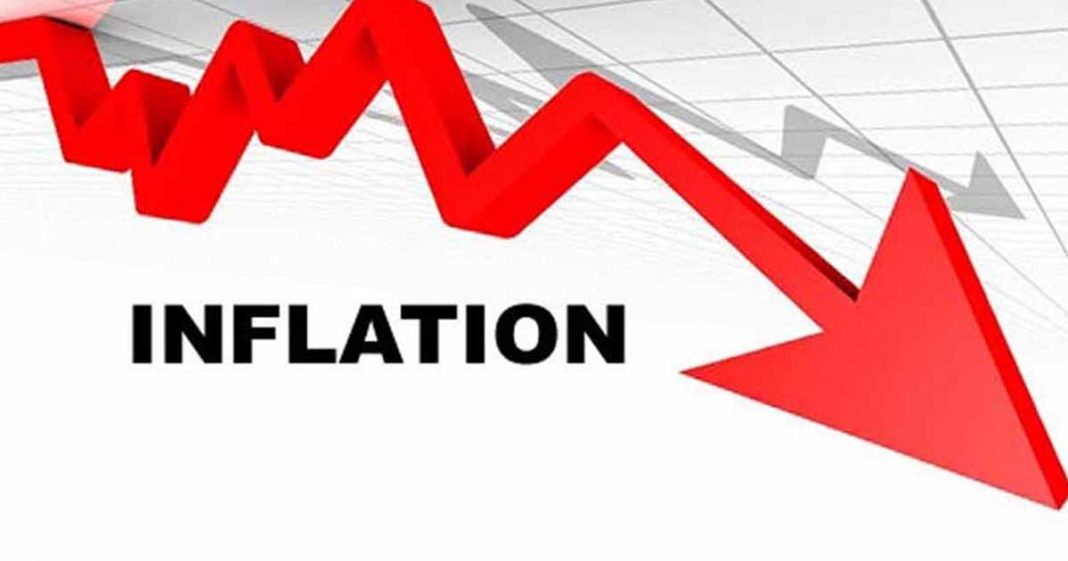Pakistan’s inflation rate has slowed to a single-digit for the first time in nearly three years, as the Consumer Price Index (CPI) registered a 9.6% increase on a year-on-year basis in August 2024, down from 11.1% in July. The Pakistan Bureau of Statistics (PBS) highlighted that inflation had peaked at 38% in May 2023 but has been steadily declining since, supported by reforms under the International Monetary Fund (IMF) bailout program. Prime Minister Shehbaz Sharif expressed satisfaction with the “nosediving inflation rate” and the country’s upgraded credit ratings by international agencies such as Fitch and Moody’s.
Moody’s recently upgraded Pakistan’s debt ratings from Caa3 to Caa2 due to improved macroeconomic conditions. The Ministry of Finance’s monthly outlook report anticipated inflation would stay within 9.5-10.5% in August and further decline to 9-10% in September 2024. The State Bank of Pakistan (SBP) also cut the key policy rate by 100 basis points to 19.5%, citing risks from fiscal slippages and energy price adjustments.
Urban and Rural Inflation Disparities
The PBS report reveals a disparity between urban and rural inflation rates. In urban areas, CPI inflation rose to 11.7% in August 2024, down from 13.2% in July and 25% in August 2023. On a month-on-month basis, it increased slightly by 0.3% compared to 2% in the previous month. Meanwhile, rural inflation showed a more modest rise, clocking in at 6.7% in August 2024, down from 8.1% in July and a significant decrease from 30.9% in August 2023.
Read More: FBI Investigates Fake Spy Fraudster Gaurav Srivastava
The Sensitive Price Indicator (SPI) for August 2024 recorded a 10.8% year-on-year increase, lower than the 15.7% reported a month earlier and significantly below the 27.9% in August 2023. The SPI showed a 0.3% month-on-month decrease in August 2024, compared to a 2% increase a month earlier.
Sectoral Price Fluctuations
A closer look at specific sectors reveals varied price trends. On a month-on-month basis, food items like onions (22.84%), chicken (13.62%), and eggs (12.39%) saw significant price increases. Non-food items such as motor vehicle taxes (168.79%) and stationery (5.08%) also registered notable rises. On a year-on-year basis, food prices surged for items like onions (136.32%), fresh vegetables (76.35%), and pulse gram (42.35%). Non-food items, including gas charges (318.74%) and motor vehicle taxes (168.79%), also recorded substantial hikes.
Looking ahead, brokerage houses such as JS Global and Arif Habib Limited have forecasted inflation to remain in single digits. JS Global projects the CPI to stabilize around 9.3%, suggesting that the Monetary Policy Committee (MPC) may continue easing interest rates, potentially lowering the policy rate to 18%. Arif Habib Limited anticipates a gradual reduction in the policy rate to 14-14.5% by June 2025, with another rate cut expected in September 2024.
These positive trends signal a gradual economic stabilization in Pakistan, bolstered by prudent fiscal policies and targeted reforms. The government’s efforts to control inflation, combined with international recognition of improved macroeconomic conditions, reflect a commitment to fostering sustainable growth and economic resilience. With inflation rates trending downwards and policy rates expected to decrease further, Pakistan is poised for an era of renewed economic stability and confidence.














